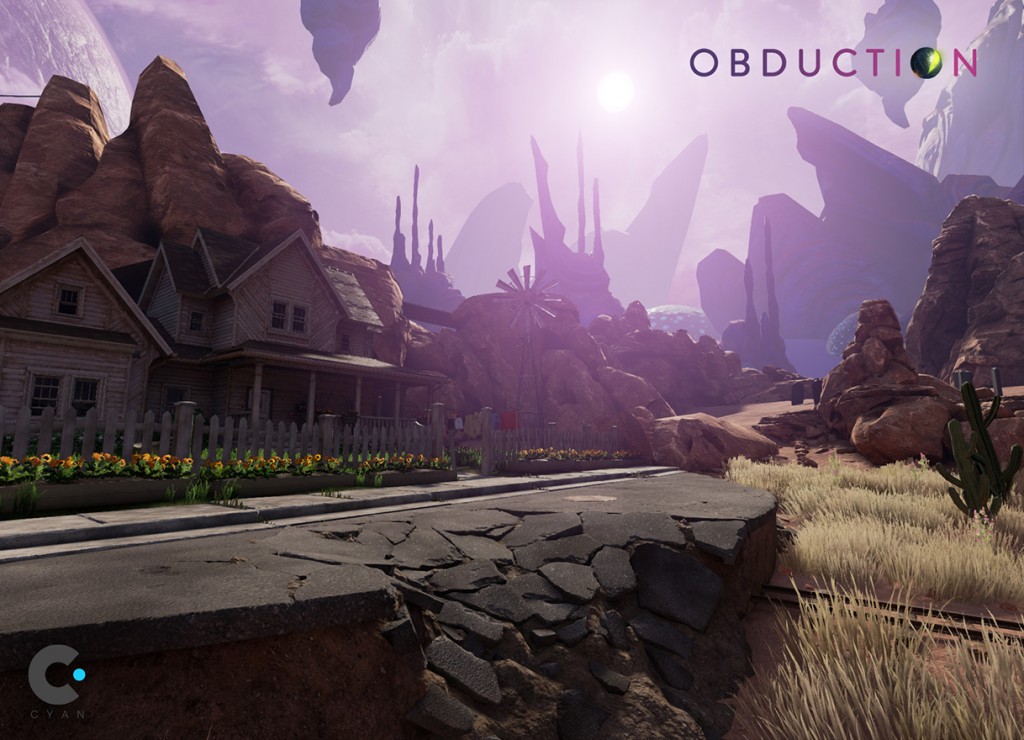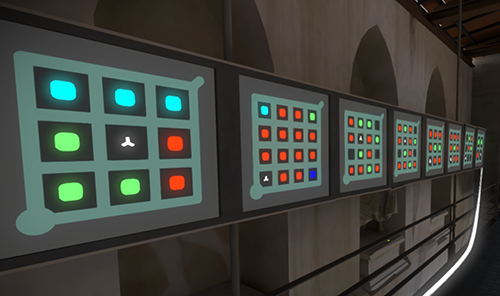cn: There are no spoilers in this article, and the discussion is purely about game mechanics.
Zelda: Breath of the Wild has received near universal praise from critics, with Metacritic listing it as one of the best video games of all time. This is an exciting time, as we anticipate the numerous clones that will try (and fail) to capture what makes this game so great.
Like most adventure games, BotW is essentially a power fantasy. What makes the game exciting is the acquisition of power, and the illusion that your power matters. For example, you find better weapons and equipment, which grants you the power to access further game content. If BotW is better than similar games, then it is probably because it maintains a greater illusion of power for a longer period of time.
And indeed, the illusion of power is precisely what most critics praise. BotW is a game that lets you do anything! You can climb anywhere, and paraglide down. You can experience the story in any order, or just skip straight to the final boss immediately, if you so choose.
But as critics praise the extent of power that the game grants you, they are ignoring the other essential characteristic of a power fantasy: the illusion that the power matters.
[Read more…]



